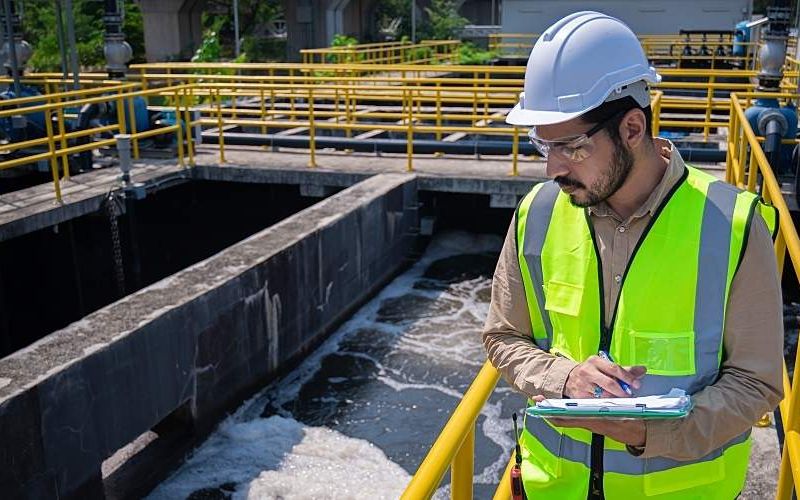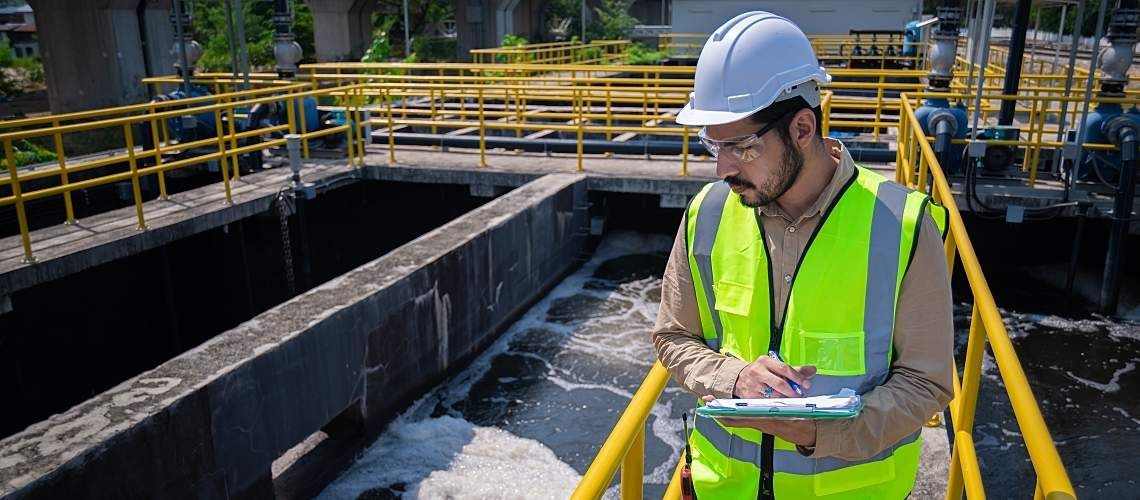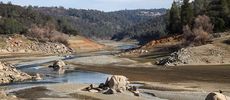EPA Grant Program Aims to Rebuild Tomorrow's Water Industry Workforce


To support clean drinking water and efficient wastewater services, the U.S. Environmental Protection Agency (EPA) is investing $20 million in grant funding to bolster the nation's water workforce.
The announcement was made in September, as part of a larger push to address an anticipated worker shortage and modernize the nation's water infrastructure. The EPA program aims to ensure utilities have the skilled workers they need in decades to come.
Here's a closer look at the program's importance to the U.S. water sector, key areas of focus, and what it means for tomorrow's generation of water leaders.
The Need for Skilled Water Professionals Is Growing
Frontline water and wastewater workers play a vital role in public and environmental health in communities nationwide. Over the next decade, as many as one-third of workers in the water industry will be eligible for retirement. This loss of workers, and the institutional knowledge they take with them, presents serious operational risks to water and wastewater facilities across the U.S.
Improving the country's water infrastructure under the 2018 America's Water Infrastructure Act further enhances the need for technically and scientifically skilled workers to operate and maintain these systems. Without a pipeline of workers entering the water and wastewater industry, utilities will face significant challenges that could have far-reaching impacts.
The Innovative Water Infrastructure Workforce Development Grant program seeks to address the shortage, with the goal of building a robust pool of qualified workers in the water industry.
"The Biden-Harris Administration is committed to Investing in America, and that means investing in the workers that build and operate our nation's water systems," EPA Administrator for Water Radhika Fox said. "Our Innovative Water Infrastructure Workforce Development Grant Program supports local programs that help people get the training they need to enter the water workforce or the necessary upskilling to advance in their careers."

Previously Funded Projects
In 2021, nine organizations were chosen by the EPA to receive grant funding under the Innovative Water Infrastructure Workforce Development Grant program. Some of the funded projects include:
- An American Water Works Association (AWWA) leadership training program to prepare current water employees for management roles, emphasizing sustainable community leadership.
- K-12 STEM education programs focused on building awareness of water and wastewater issues, as well as water industry career opportunities.
- Internship programs for high school students to learn about water industry issues and careers.
- A certificate program for drinking water administrative professionals.
- Recruitment and workforce development programs for growing the water workforce.
Project Areas of Focus
The grant program focuses on funding projects that will create career opportunities for future water workers and help upskill the current workforce. The EPA awards funding under these grants to organizations such as nonprofits, community colleges, and higher education institutions, focusing on six key project areas:
- Internships and apprenticeships in skilled water utility trades.
- Educational programs, both at K-12 and higher education levels.
- Regional industry and workforce development collaboration projects aimed at hiring qualified water workers.
- Programs that support career advancement for those in the industry, including leadership development, mentoring, cross-training, or occupational training.
- Education and training programs for septic water workers to promote public health in communities that use private wells for drinking water or septic systems.
- Training and workforce development programs that decrease greenhouse gas and other pollutant emissions in disadvantaged communities.
Who's Eligible to Apply?
Under project areas one through five, those eligible to apply are:
- Nonprofit professional or service organizations
- Nonprofit labor organizations
- Nonprofit community colleges
- Institutions of higher education
- Other nonprofit training and educational institutions
- Public works departments
For project area six, those eligible are community-based nonprofit organizations and community-based organizations that partner with an Indian Tribe, local government, or institution of higher education.






